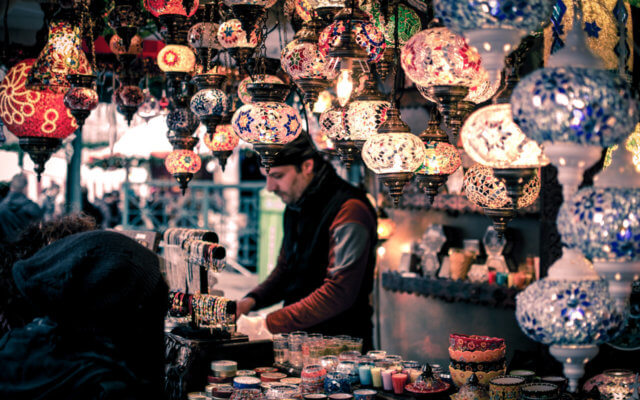ERASMUS+, Key action 1: training course
Dates: 16—27 September 2025
Venue: Saint Lizier (near Toulouse), France
Czech team: 4 participants
Please read the info-pack.
Hosting organisation: SolAfrika
Project report:
From 16–27 September 2025, I had the opportunity to take part in the training course “U.N.I.T.Y.: Tools to Fight Hate Speech & Far-Right Narrative”. The project brought together participants from diverse countries and backgrounds to address one of today’s urgent challenges: the spread of far-right ideology, hate speech, and discrimination.
The program combined interactive workshops, group reflections, and cultural exchange. After initial sessions defining far-right ideology, hate speech, discrimination, and human rights, we moved to more specific topics. For example, one workshop focused on the relationship between the far-right and the media. We examined how influential media figures such as Jeff Bezos, Elon Musk, and Mark Zuckerberg shape the information landscape, and discussed the power dynamics between media ownership and political narratives. We also practiced identifying propaganda and fake news, learning to distinguish fact-checkable claims from manipulative statements.
Another key workshop involved developing an advocacy strategy to counter far-right policies on health and social security. We defined the harmful impact of these policies, identified allies such as NGOs, unions, and medical professionals, as well as obstacles including policymakers and media narratives. Together, we drafted strategies and actions – ranging from social media campaigns to petitions and public events – and concluded by evaluating their potential effectiveness.
The program was not limited to formal sessions. Outdoor activities such as a concert, a forest hike, cave visit and a picnic by the lake helped us bond as a group. Participants also organized their own workshops, offering boxing lessons, introductions to the Chinese language, and film screenings. One memorable evening was spent around a bonfire, sharing poetry in different languages and singing together, creating a space of trust and creativity.
Intercultural exchange was another central element. Participants presented their cultures through quizzes, videos, music, and shared meals, which allowed us to learn from one another in an informal yet meaningful way. A highlight of the project was our visit to the nearby town of Saint-Girons. There we explored the local market and collaborated with the association Patate 2000 to prepare and share meals with local residents. We also met with the local Antifa group, engaging in discussions and exchanging experiences.
Creativity was further encouraged through a digital storytelling workshop, where we developed articles and short videos to address hate speech and discrimination. These were presented on the final day, showcasing the diverse perspectives and approaches of the participants.
By the end of the project, we had not only deepened our understanding of the roots and impacts of far-right ideologies but also gained practical tools to recognize and respond to hate speech and propaganda. We shared good practices, learned from each other’s contexts, and strengthened our capacity to act for human rights in our communities.
Overall, the training was a valuable combination of learning, cultural exchange, and community engagement. It provided us with knowledge, skills, and inspiration to continue working towards a fairer and more inclusive society.
Veronika F.


